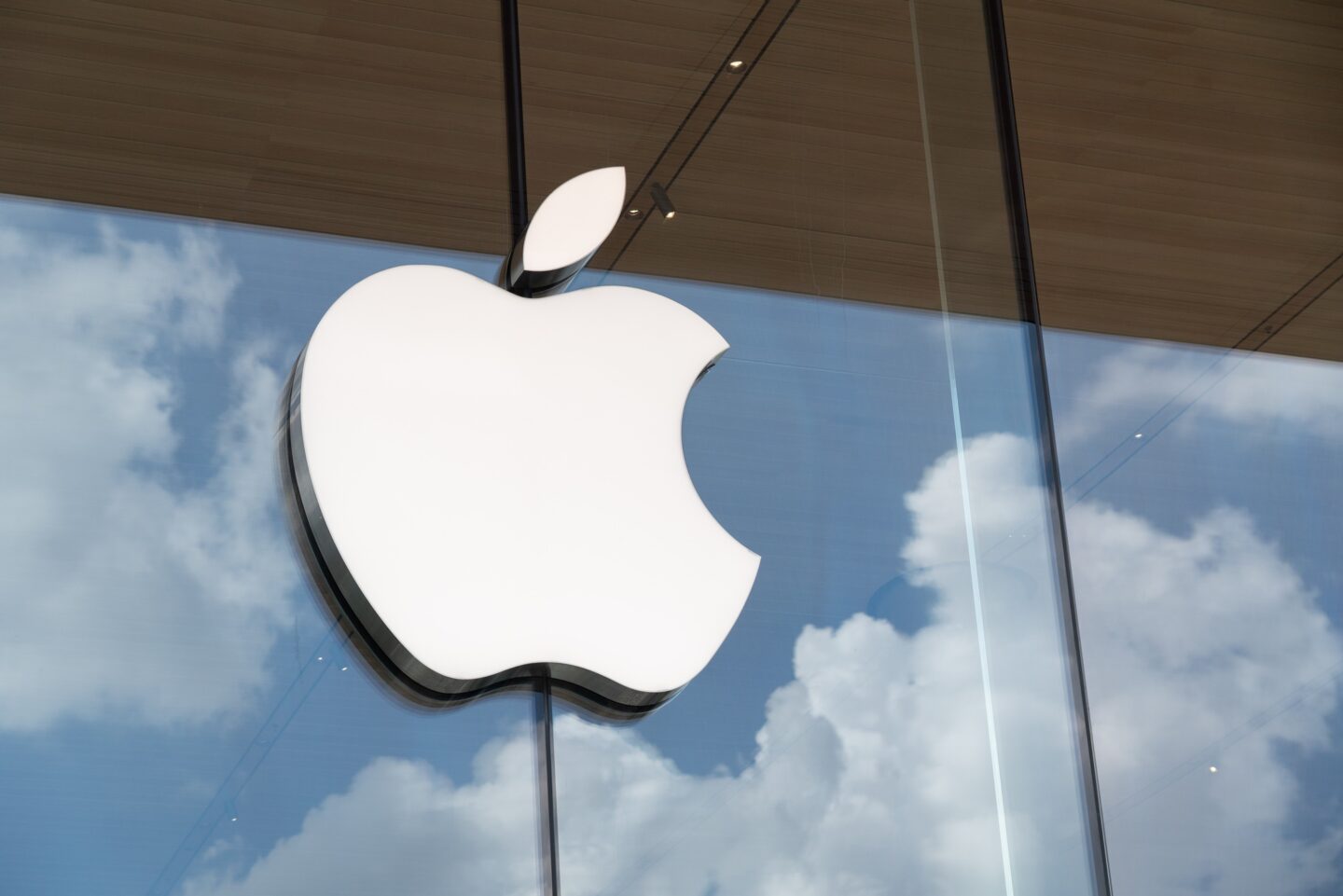Contrary to previous reports, Apple is not in discussions with Meta about integrating Meta's AI models, including MetaAI and Llama 3, into Apple Intelligence. Although the two companies considered a partnership in March, Apple ultimately decided against a deeper collaboration.
Bloomberg reported that Meta had approached Apple in March to discuss a partnership. However, this proposal did not progress beyond initial discussions, as Apple had concerns about Meta's privacy practices. As part of the OpenAI agreement, OpenAI cannot use any data provided by Siri for training purposes. Apple Intelligence is expected to launch in the Fall with the release of the iPhone 16 lineup, leaving room for potential additional deals. If Meta can meet Apple's stringent privacy requirements, it might still be able to integrate MetaAI into Apple devices.

At the Worldwide Developers Conference (WWDC) in June, Apple announced a deal with OpenAI, allowing ChatGPT to function as an extension to Apple Intelligence rather than a fully integrated component. This arrangement enables Apple's AI to delegate complex queries to ChatGPT, which Apple's own AI cannot handle.
Apple's strict privacy requirements led to OpenAI agreeing not to train on any data sent via Siri and ensuring data is promptly disposed of after use. The WWDC confirmed that ChatGPT would serve as an option for Siri, rather than a deeply integrated component. Essentially, it functions as a plugin, allowing Siri to send prompts to ChatGPT when necessary, with appropriate data warnings.
Unlike other arrangements, Apple is not paying OpenAI to integrate ChatGPT into its devices. The company also announced plans to incorporate other AI models, such as Google's Gemini, and is in discussions with Anthropic, an AI startup focused on safety and responsibility, according to Bloomberg.
Apple Intelligence aims to balance safety and personalization in the competitive AI market, while Meta struggles with privacy issues.









